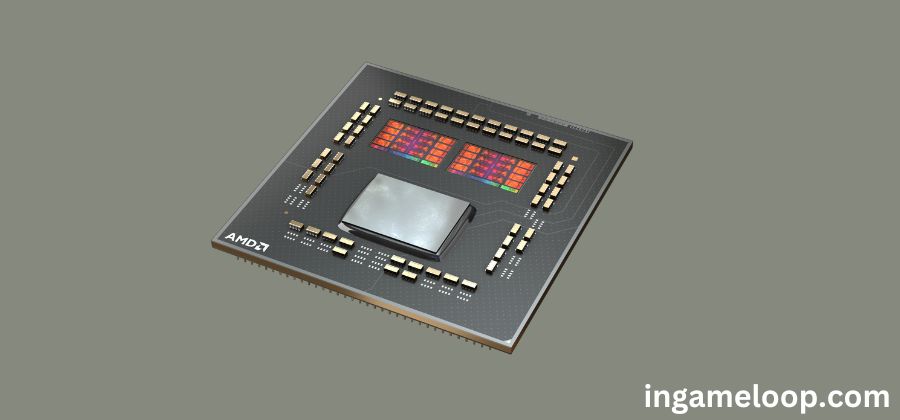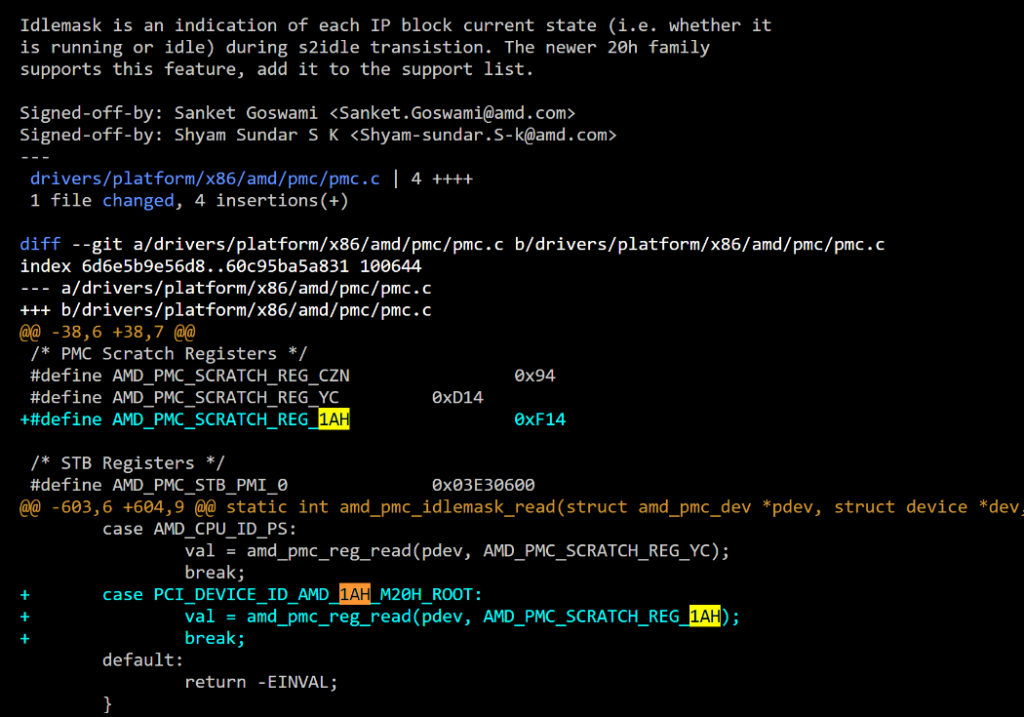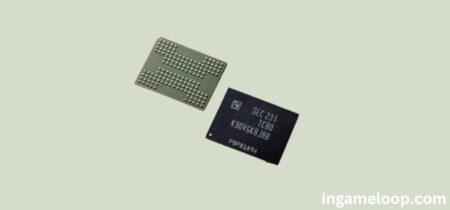
In a pivotal development heralding the arrival of AMD’s highly anticipated Zen 5 CPUs, the next-generation processors are now gaining substantial support within Linux drivers as the scheduled 2024 launch draws near. Engineers at AMD are diligently fine-tuning the Linux driver support to create a robust ecosystem prepared to accommodate the advanced capabilities of the forthcoming Zen 5 CPUs.
The focus of this Linux support effort is the AMD PMC driver, a critical component responsible for managing the “S2” idle state and related power management functions. This specific driver aims to address power-related issues, particularly those associated with the SoC (System-on-Chip), a topic that gained prominence a few months ago when power issues caused damage to AMD’s Ryzen 7000 CPUs.
The most recent driver can be located on the Kernel.org listing, and accompanying notes are provided below for reference.

The problems were subsequently rectified through a series of BIOS and firmware updates. The AMD PMC driver is now being optimized to seamlessly integrate with the Zen 5 architecture, indicating the company’s commitment to delivering a seamless user experience with its next-gen processors.
The driver explicitly lists support for the Family 26 (1Ah), aligning with the Zen 5 series of processors. This meticulous attention to detail underscores AMD’s dedication to ensuring that the Linux environment is well-prepared to harness the full potential of Zen 5 CPUs upon their release.
AMD’s Zen 5 family has been under the spotlight in the Linux community for the past few months, with various patches and updates being introduced to lay the foundation for a supportive ecosystem. The significance of this Linux support lies in its role in providing a stable platform for the impending wave of processors from AMD. With the AMD PMC driver gearing up to handle critical power management aspects, the groundwork is being laid for a seamless integration of the Zen 5 CPUs into the Linux environment.
The Zen 5 architecture, as officially confirmed by AMD, represents a ground-up redesign, featuring enhanced performance, efficiency, and a re-pipelined front end with wider issuing capabilities. Notably, the architecture incorporates an increased number of AI/ML blocks within the chip, catering to the growing demands of the AI PC and AI HPC segments. This strategic move aligns with the industry trend towards increased integration of artificial intelligence capabilities into computing systems.
According to recent reports, AMD’s next-generation Zen 5 CPUs are expected to launch in the second half of 2024. However, enthusiasts and industry observers are hopeful for a sneak peek at what’s to come, with speculation mounting that AMD might unveil details of the Zen 5 CPUs at the upcoming CES 2024 event, just a few weeks away.
The ongoing efforts to enhance Linux support for AMD’s Zen 5 CPUs signify a crucial step toward ensuring a smooth and efficient user experience with these highly anticipated processors. The focus on power management through the AMD PMC driver underscores AMD’s commitment to addressing and resolving issues promptly, providing a glimpse into the company’s dedication to delivering top-tier technology to its user base. As the 2024 launch approaches, the collaboration between AMD and the Linux community is poised to yield a seamless integration of the Zen 5 CPUs into the computing landscape.
Related:
Alleged AMD Zen 5 Specs Leak: twice the Cores 15% Increased IPC Over Ryzen 7000







